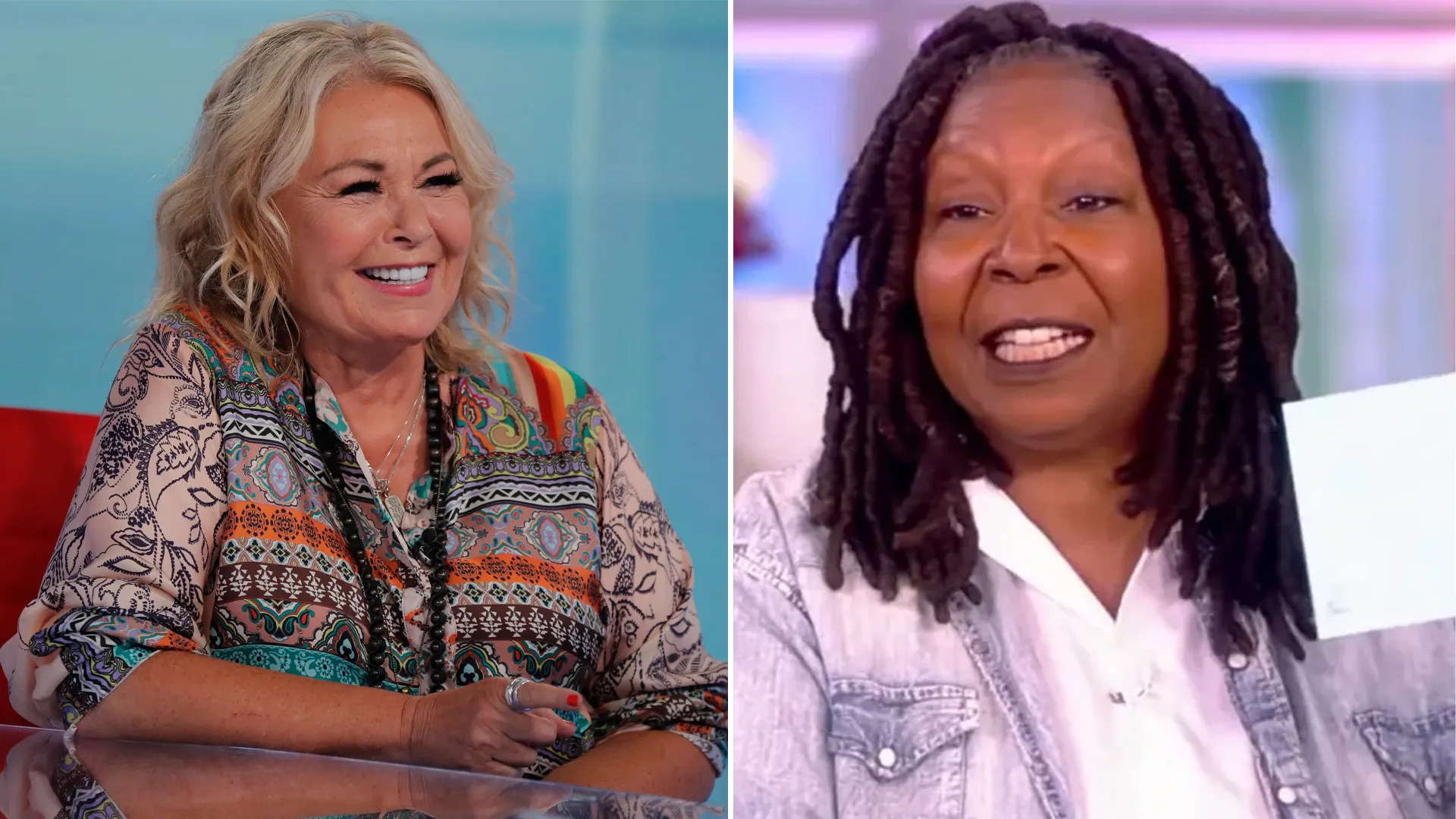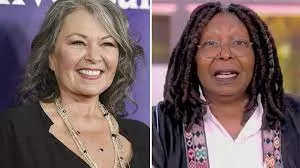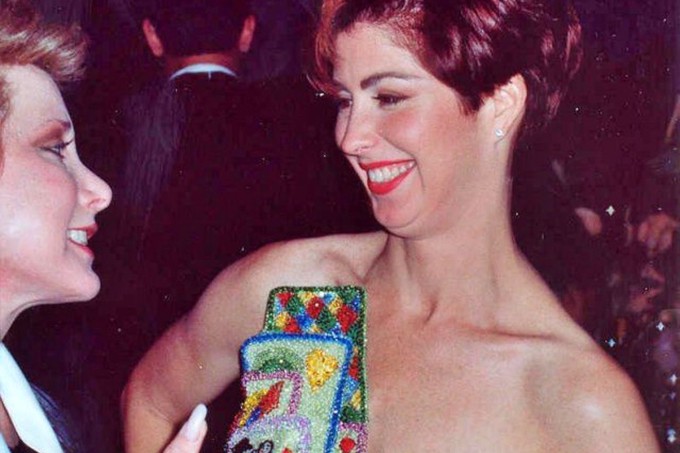The television landscape is constantly evolving, with shifting viewer preferences and changing programming often leading to surprising results. One such shift has been seen recently with the dramatic drop in viewership for the long-running talk show The View, coinciding with the debut of Roseanne Barr’s highly anticipated new show. According to the latest ratings, The View has seen a staggering 65% decline in its audience, sparking discussions about the factors behind this shift and what it means for the future of daytime television.

For decades, The View has been a staple of American daytime TV, known for its unique format of hosting a diverse panel of women who offer varying opinions on current events, entertainment, and politics. However, the show has faced increasing competition in recent years, and the introduction of Roseanne Barr’s latest show, Roseanne’s Roundtable, has disrupted the status quo.
Roseanne Barr, who rose to fame in the 1980s with her hit sitcom Roseanne, made a high-profile return to television with her new talk show. Combining elements of her signature comedic style with more serious discussions on culture and society, Roseanne’s Roundtable quickly caught the attention of audiences. The show, which premiered earlier this year, has gained a significant following, particularly due to its outspoken host, who is known for her controversial opinions and no-holds-barred approach.td
While The View has historically been the go-to daytime talk show for women, Roseanne’s return to TV offered a fresh alternative that attracted a large number of viewers who were looking for something new and engaging. Within just a few months of airing, Roseanne’s Roundtable surpassed The View in terms of ratings, leading to a dramatic 65% drop in viewership for the long-standing show.
The reasons behind The View’s sudden decline are complex and multifaceted. One of the primary factors contributing to the drop in viewership is the changing interests of the daytime audience. In recent years, viewers have shown an increasing preference for shows that feature a more dynamic format, strong personalities, and controversial content. Roseanne, with her unapologetic and bold style, has capitalized on this trend, offering a show that directly appeals to those seeking candid commentary on hot-button issues.
In contrast, The View, which has been criticized for its repetitive panel discussions and sometimes predictable topics, may no longer resonate with younger audiences who crave more spontaneous and engaging content. The show’s recent struggles with panel changes, political tension, and a lack of coherent direction have led to a dip in both viewership and overall buzz.

Moreover, The View’s often heated debates on political and social topics, which once attracted a loyal following, may have alienated some viewers who have grown weary of the polarized atmosphere. The rise of more niche talk shows, which cater to specific interests or offer lighter, more entertaining formats, has also contributed to The View‘s loss of audience share.
The arrival of Roseanne’s new show has undoubtedly disrupted the daytime TV ratings. Roseanne’s Roundtable brings together a variety of guests, including comedians, political pundits, and cultural critics, to engage in candid, unfiltered conversations. The show’s willingness to tackle controversial topics head-on, paired with Roseanne’s undeniable star power, has made it a must-watch for many viewers.
It’s not just about the host’s presence; the format of Roseanne’s Roundtable is designed to be more dynamic and less predictable than the traditional talk-show format. With a strong emphasis on humor and lighthearted banter mixed with serious discussions, the show provides a balance that seems to be hitting the right notes with today’s TV audience. Many fans have expressed a preference for the raw, unpolished style of Roseanne’s Roundtable, which contrasts with The View’s more polished and sometimes formulaic approach.
In contrast, The View has seen a decline in its appeal, especially among younger generations who may not find the format as engaging. The show’s tendency to feature political discussions and heavy debates has perhaps become too much for some, leading to a desire for lighter and more diverse content.




